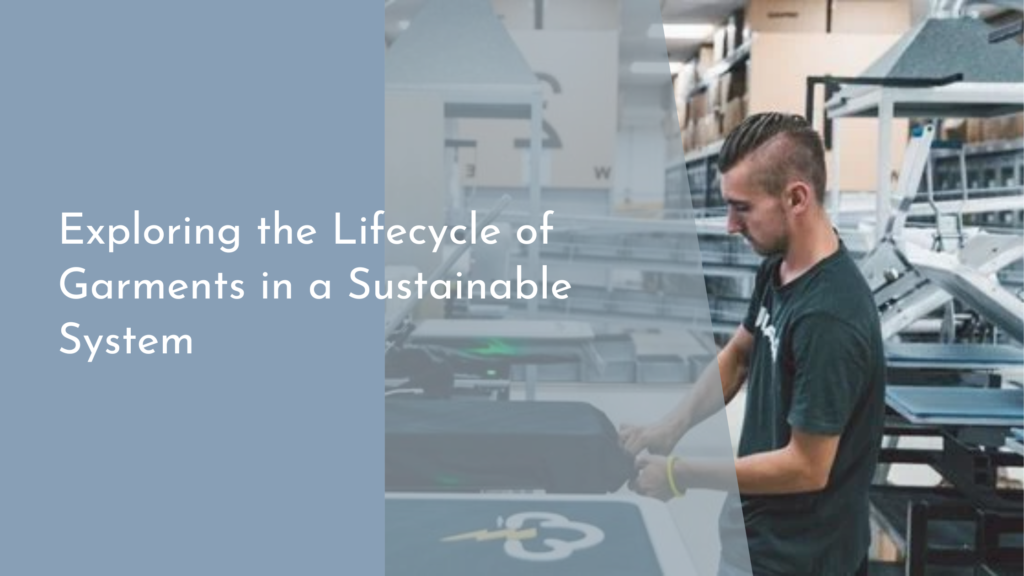How biodegradable polymers improve transportation safety
In an era where environmental sustainability is becoming increasingly paramount, the transportation industry is undergoing a significant transformation. The advent of biodegradable polymers presents an innovative approach to enhancing safety while simultaneously addressing ecological concerns. These materials, derived from renewable sources, are not only effective replacements for traditional plastics but also offer improved safety features. This article explores the multifaceted benefits of biodegradable polymers in the realm of transportation, highlighting their role in creating a safer and greener future.
Discovering the Role of Biodegradable Polymers in Transport
Biodegradable polymers have emerged as a game-changer in the transportation sector. Traditional plastics, widely used in vehicles and packaging, often contribute to environmental pollution and safety hazards. In contrast, biodegradable polymers are designed to break down naturally over time, minimizing their impact on the environment. These materials can be used in various applications, from automotive components to protective packaging, ensuring that the transportation of goods and people is not only efficient but also ecologically responsible.
Additionally, the versatility of biodegradable polymers allows for the development of innovative safety features. For instance, they can be engineered to absorb impact energy more effectively than conventional materials, thus enhancing the protection of passengers during accidents. By incorporating biodegradable polymers into vehicles, manufacturers can address both safety and sustainability, paving the way for a new era in transportation technology.
Enhancing Safety: The Benefits of Eco-Friendly Materials
The implementation of biodegradable polymers in transportation systems presents a multitude of safety benefits. One major advantage is their lower toxicity compared to traditional materials, which can release harmful chemicals during an accident or when exposed to heat. This characteristic is particularly crucial in the event of vehicle collisions, where the safety of passengers and emergency responders can be compromised by toxic fumes from conventional plastics. Biodegradable polymers ensure a cleaner environment during such emergencies, enhancing overall safety.
Moreover, these eco-friendly materials are often lighter than their plastic counterparts. The reduced weight can lead to improved fuel efficiency and better handling characteristics for vehicles. Lighter vehicles require less energy to operate, which not only contributes to reduced greenhouse gas emissions but also enhances the safety of transport systems by lowering the risk of accidents caused by mechanical failures due to excessive load. As the transportation industry continues to seek improvements, biodegradable polymers stand out as a forward-thinking solution that prioritizes safety and sustainability.
From Plastics to Polymers: A Safer Journey Ahead
The transition from traditional plastics to biodegradable polymers is reshaping the landscape of transportation. This shift is not only beneficial for the environment but also for enhancing the safety of transportation systems. For example, biodegradable polymers can be utilized in making components like bumpers and interior panels, which are crucial for protection during collisions. These materials can be engineered to have specific properties, such as increased resilience and impact resistance, which contribute to the overall safety of vehicles.
Additionally, the use of biodegradable polymers can reduce vehicular weight without compromising structural integrity. This weight reduction leads to better braking and acceleration, which are vital factors in accident prevention. The incorporation of these materials allows for the design of vehicles that are not only safer but also more efficient. As we move towards a future where safety and sustainability go hand in hand, biodegradable polymers are paving the way for a safer journey ahead.
Future of Transport: Greener, Safer, and Sustainable Solutions
The future of transportation looks promising with the integration of biodegradable polymers. As manufacturers continue to innovate, we can expect a significant decrease in the reliance on petroleum-based plastics, leading to a greener planet. This shift is essential for tackling global environmental issues, such as plastic pollution, while also promoting safer transportation practices. By prioritizing eco-friendly materials, the transportation industry can set a benchmark for sustainability and safety that other sectors can emulate.
Moreover, the rise of renewable energy sources and electric vehicles complements the use of biodegradable polymers, creating a holistic approach to transportation. As we embrace these advancements, we can look forward to a transportation ecosystem that is not only safer and more efficient but also sustainable for future generations. By choosing biodegradable polymers, we are stepping into a new era where transportation aligns with environmental stewardship, ensuring that our journeys are both safe and green.
In conclusion, the integration of biodegradable polymers into transportation represents a significant leap toward safer, more sustainable travel. By replacing traditional plastics with eco-friendly materials, we are not only enhancing safety features but also contributing to a cleaner environment. The ongoing innovations in this field hold the promise of a future where transportation is synonymous with safety and sustainability. As we move forward, embracing biodegradable polymers will undoubtedly pave the way for greener, safer journeys that benefit both people and the planet.


